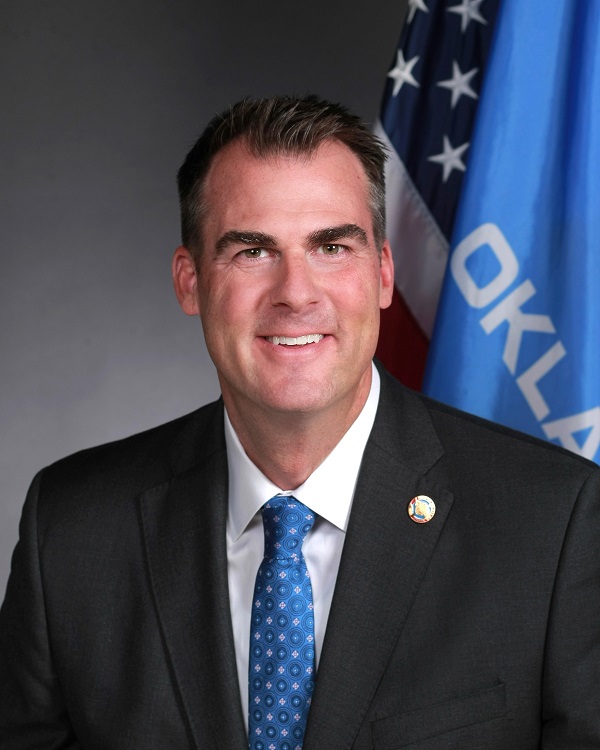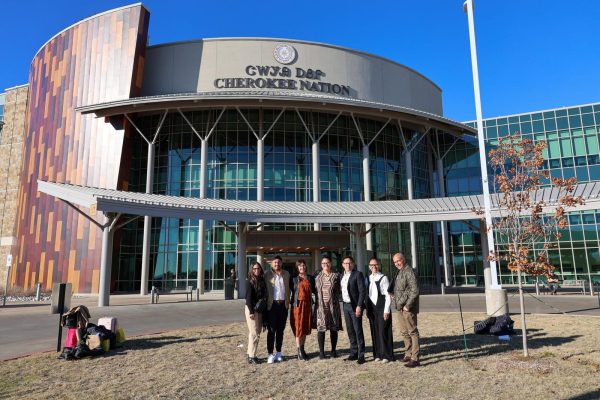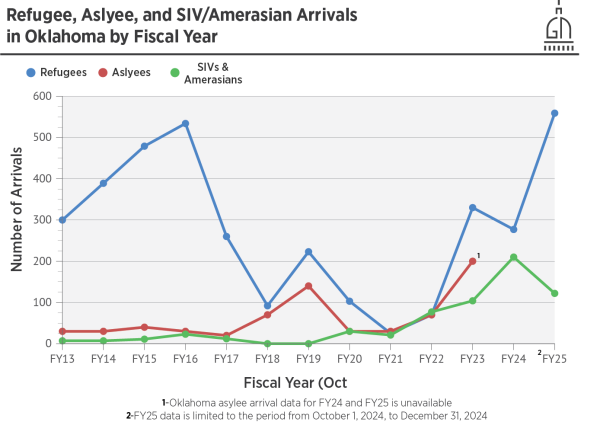Supreme Court denies overturning McGirt 31 times
The Supreme Court on Monday in a sweeping series of rulings denied 31 Oklahoma appeals of multiple McGirt-related decisions, a landmark case that reaffirmed the Muscogee (Creek) reservation in eastern Oklahoma had never been dissolved.
The court’s decisions came a weekend after it agreed to review one of the more than 30 appeals the state has lodged since the McGirt ruling was issued in 2020. The court last week agreed to hear one appeal–Oklahoma v Castro-Huerta– that the state should have authority to prosecute non-Natives who commit crimes against Native Americans in Indian Country.
The controversial Supreme Court ruling grew out of the McGirt v Oklahoma case, a July 2020 decision by the court affirming the Muscogee Nation’s Reservation boundaries. Oklahoma courts have since ruled that the reservations of the Cherokee, Choctaw, Chickasaw, Seminole and Quapaw tribes were never dissolved by Congress.
The sweeping denials are a significant setback in Oklahoma Gov. Kevin Stitt’s efforts to overturn the McGirt ruling.
While Stitt didn’t comment on the Supreme Court’s denials on Monday, his communications director Carly Atchison said the state is encouraged that the court agreed on Friday to hear a case involving a non-native accused of child abuse involving a native child. She said that “could be a huge relief for Native victims of crime.”
Stitt in a statement Friday said he “encouraged that the Supreme Court has decided to address whether a state has authority to prosecute non-Indians who commit crimes against Indians in Indian Country,” Stitt said in a Jan. 21 statement. “The fallout of the McGirt decision has been destructive. Criminals have used this decision to commit crimes without punishment. Victims of crime, especially Native victims, have suffered by being forced to relive their worst nightmare in a second trial or having justice elude them completely.”
Muscogee Nation Monday called the court’s decisions a “clarion call” for state officials to begin collaborating for the sake of all Oklahoma citizens – Native or not.
“Today’s Supreme Court action should end the State of Oklahoma’s long, unfruitful campaign of litigation that has come at the cost of untold millions of taxpayer dollars and has diverted resources away from properly implementing the sovereignty ruling for the benefit of all who live and work in the Mvskoke Reservation,” said the tribe’s Principal Chief David Hill.
There has been a long and heated debate between Stitt and tribal leaders on the implications of the McGirt rulings on Oklahoma’s criminal justice system, as well as disagreement about the nature of the law itself.
Stitt claimed on Friday that the McGirt ruling “has hamstrung law enforcement in half of the state.”
But tribal police chiefs across Oklahoma told a different story when Gaylord News reported increases in tribal cross-deputization and bolstered law enforcement departments in light of McGirt.
Stitt maintains that McGirt allows criminal law to apply differently to different people because it’s “based on race.” The tribes and Indigenous law experts agree that McGirt is based on a political status because of the United States’ unique treaty obligations with tribes as sovereign nations.
OU Law professor Alexander Pearl, an enrolled member of the Chickasaw Nation who specializes in property law and natural resource conservation litigation in Indian Country, said he feels the governor sees “the McGirt problem” differently from the state and tribal officials on the ground working together to make McGirt work for everyone.
He said that it could stem from a general lack of understanding and education about what tribes are and the powers they inherently have the right to exercise.
“The problem for them (officials) is ensuring that there’s adequate cross immunization agreements, adequate communication, coordination, resource sharing, and so forth. Those are the sort of problems that are logistical problems,” Pearl said. “My view of the governor’s definition of the McGirt problem is that he does not want tribal reservations to exist.”
Nancy Marie Spears, a Gaylord News reporter based in Washington, is an enrolled member of the Cherokee Nation of Oklahoma. Gaylord News is a reporting project of the University of Oklahoma Gaylord College of Journalism and Mass Communication. For more stories from Gaylord News visit GaylordNews.net








